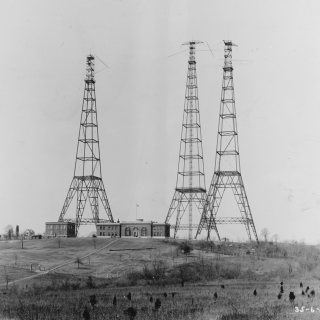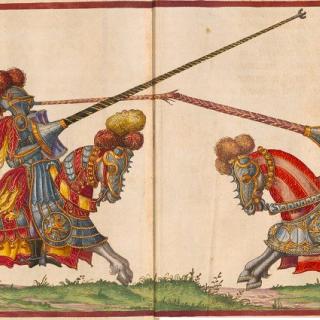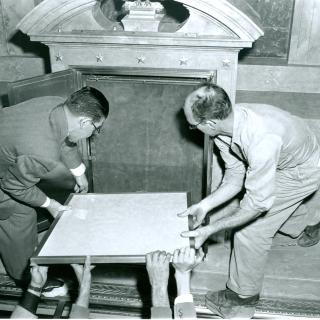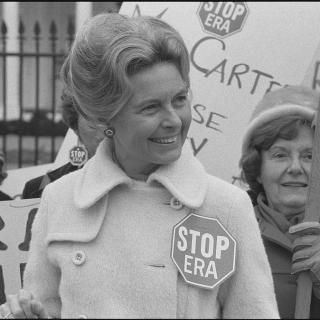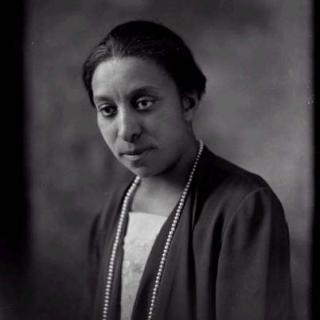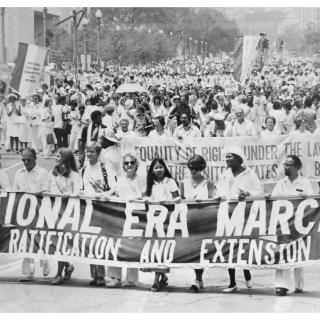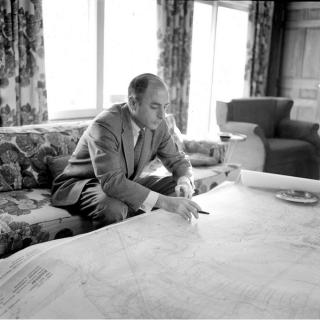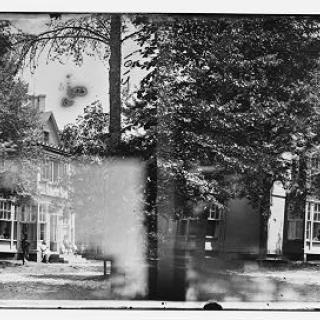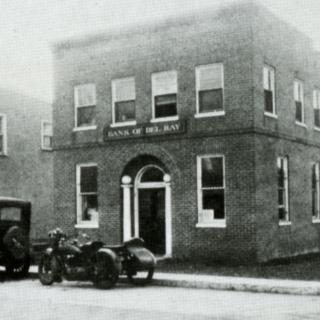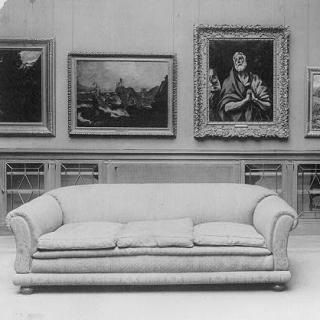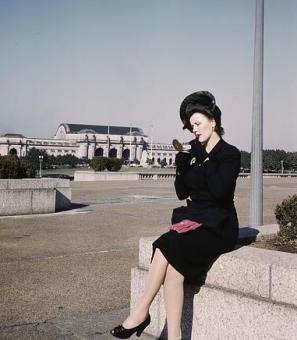Featured Topics
![Sketch of the mythical fuan by Pearson Scott Foresman. [Source: Wikipedia]](/sites/default/files/styles/crop_320x320/public/2023-10/Goatman_Wikipedia_Faun_2_%28PSF%29.png?h=64a074ff&itok=C9Qh-PE1)
Halloween
12 Posts

Hispanic Americans
4 Posts

Revolutionary War
8 Posts

Abraham Lincoln
22 Posts

Music History
34 Posts

National Mall
16 Posts

Women's History
52 Posts

Black History
82 Posts
Love D.C. History? Support WETA!
Your donation to WETA PBS will keep making local history possible!


